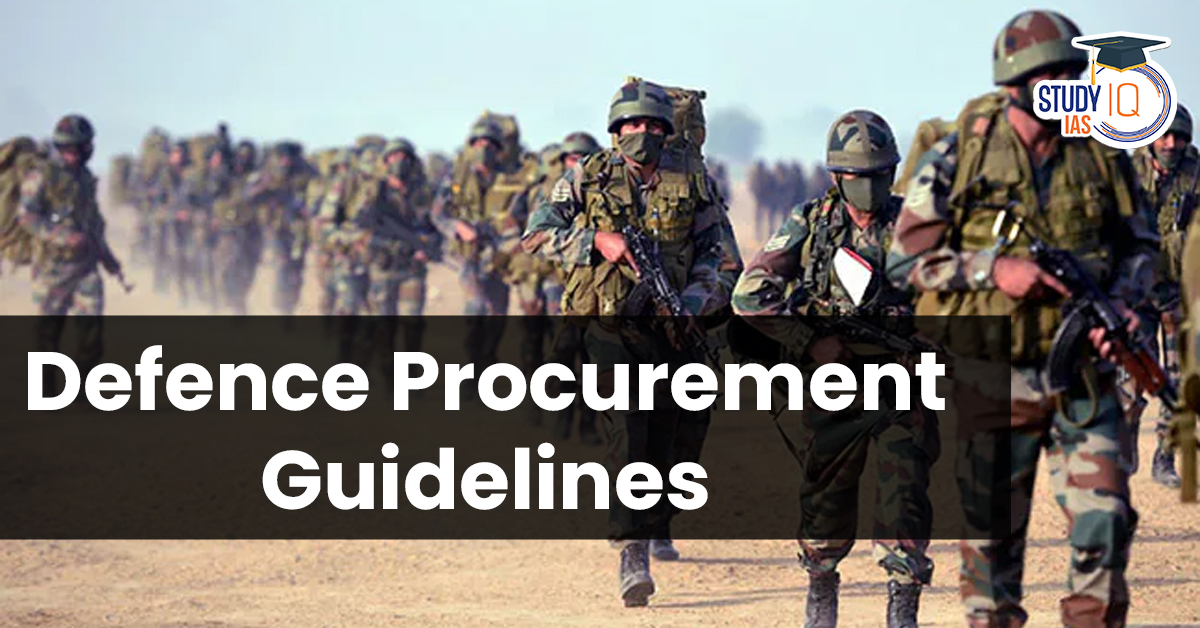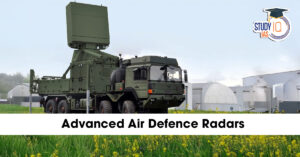Table of Contents
Context: The Defence Acquisition Council has approved guidelines to reduce delays at different stages of capital acquisition. Defence Minister Rajnath Singh has approved the Defence Procurement Manual (DPM) 2025 (which replaced DPM 2009).
What is Defence Procurement Manual (DPM) 2025?
- Defence Procurement Manual (DPM) 2025 laid down guiding rules and procedures for revenue procurement (operations, sustenance, repairs, and services) by the Armed Forces and other organisations under the Ministry of Defence (MoD).
- Annual value: ~₹1 lakh crore.
Key Features
- Collaboration with DPSUs, private industry, MSMEs, start-ups, IITs, IISc, academia.
- Relaxed provisions in development contracts, lower penalties (Liquidated Damages capped at 5%, 10% in extreme delays) & assurance of orders up to 5–10 years.
- Competent Financial Authorities (CFAs) are empowered at the field level.
- No need for No-Objection Certificates from DPSUs for open bidding.
- Proprietary Article Certificate (PAC) allowed, with efforts to find alternatives.
- 15% growth provision in repair/refit/maintenance of aerial/naval platforms → ensures quick turnaround and availability of equipment.
- Special provisions for Govt-to-Govt agreements for high-value procurements.
Key Changes in Defence Procurement Guidelines
Faster Procurement Timelines
- Procurement timelines will be slashed by 50%, making acquisitions significantly faster.
- Work will now proceed simultaneously on multiple processes instead of waiting for one to finish before starting another.
Simplification of Acquisition Processes
The reforms will shorten the time taken in several key procedures, including:
- Acceptance of Necessity (AoN) – The official recognition of the need for a military system.
- Request for Information (RFI) – A market survey conducted before formal tendering.
- Request for Proposal (RFP) – The actual bidding document for suppliers.
- Field Evaluation Trials – Testing the weapon system for military use.
- Contract Negotiation Committee (CNC) – Finalising the cost and terms of procurement.
Fixing Accountability & Reducing Delays
- Specific officials will be held responsible for meeting deadlines.
- Procurement bottlenecks will be removed, ensuring smoother and faster acquisitions.
| About the Defence Acquisition Council |
|


 Advanced Air Defence Radars: Types, Comp...
Advanced Air Defence Radars: Types, Comp...
 Ion Chromatography, Working and Applicat...
Ion Chromatography, Working and Applicat...
 Broadly Neutralising Antibodies (bNAbs):...
Broadly Neutralising Antibodies (bNAbs):...

























